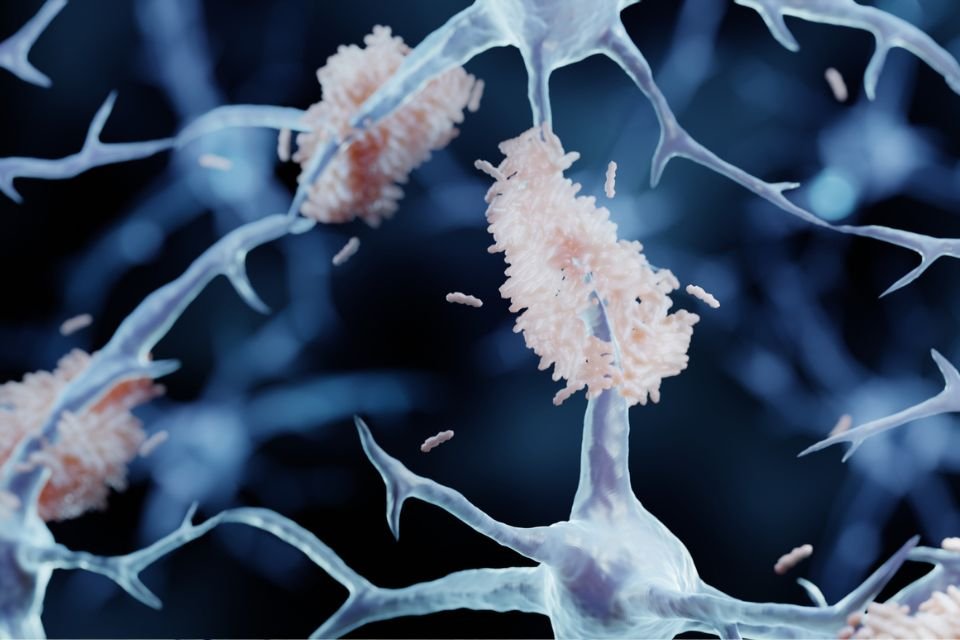In the study, published in the journal Nature Medicine, scientists describe the discovery of a man with a rare genetic mutation that protects him against Alzheimer’s symptoms. Researchers at the University of Antioquia in Colombia The Colombian should have developed Alzheimer’s more than 20 years ago, however, the mutation seems to delay the development of symptoms..
After an extensive analysis of clinical and genetic data from 1200 participants, the study found a Colombian man who, due to a rare inherited form, should have developed the first symptoms of Alzheimer’s at age 40, but his cognition remained intact until age 67. The Colombian man suffered from memory and language problems by the age of 70, and at 73 he began to be helped with basic daily activities – the patient died the following year at age 74.
When analyzing the Colombian’s data, the scientists discovered that his brain had several aspects of a person with severe dementia, such as amyloid plaque clumps and tau proteins; Alzheimer’s symptoms in people with these characteristics usually appear at age 40. Despite this, the man did not develop dementia until he was 67, meaning he remained healthy for much longer than he should have.
In addition to the genetic traits that contribute to the development of Alzheimer’s, The patient had a rare genetic mutation in the RELN gene that encodes a glycoprotein called reelin. Apparently, it was the mutation called RELN-COLBOS that protected him against the disease for more than 20 years..
Genetic mutation against Alzheimer’s
scientists We still know very little about the role of reel in Alzheimer’s diseaseHowever, they believe it may help reduce the clumping of tau proteins around neurons, thereby slowing the progression of the condition. In another study, the research team realized that a reelin mutation could prevent these proteins from accumulating in the brains of mice.

“At 72, her tongue worsened and progressed to mild dementia. Cognitive decline preceded by an episode of septic shock due to a urinary tract infection. At age 73, she needed assistance with basic and instrumental activities of daily living and met criteria for moderate dementia. At age 74, she suffered from aspiration pneumonia. died; his relatives accepted brain donation for neuropathological study” is explained in the conclusion part of the study.
The genetic mutation went undetected until it was discovered in the study. However, analyzes show that a woman also had a similar mutation, and her cognition remained intact for about 30 years — like the man, the woman had severe dementia symptoms in her brain. Either way, the scientists suggest that the mutation could help delay Alzheimer’s symptoms all these years.
In any case, researchers will continue to explore the effects of mackerel and how it affects Alzheimer’s, but he says the findings could help form new hypotheses about how to slow the disease. They believe that even in the future, reel may be discovered in treatments against the condition’s cognitive decline.
Source: Tec Mundo
I’m Blaine Morgan, an experienced journalist and writer with over 8 years of experience in the tech industry. My expertise lies in writing about technology news and trends, covering everything from cutting-edge gadgets to emerging software developments. I’ve written for several leading publications including Gadget Onus where I am an author.













